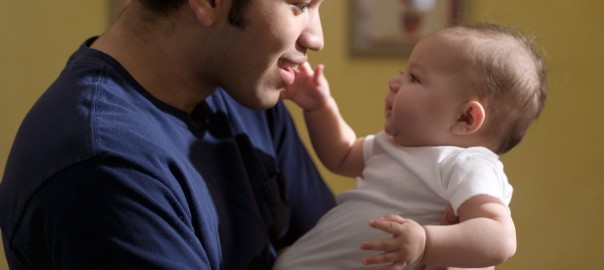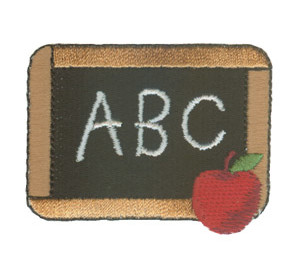As I close this challenging month of advocating for Baby M, I want to give you a final update.
After an emergency meeting held by social services this week, the decision was made to remove her from where she is now and place her in a temporary foster home. While she is living with the temporary family, social services will be facilitating the long term placement for her with a specific foster family that her biological parents requested.
No, this will not be our family.
While to others involved we were the obvious choice to take home Baby M, I never had confidence that the parents would make the choice based on the factors that seemed relevant to others. Like the parents, we are charedi native English speakers. However, the parents are chassidim and we are not, we are from America and they are from Europe, and I expected that cultural compatibility would be of very high priority to them.
I don’t have any details on the two families who will take Baby M and I won’t be getting any details. In a conversation a week ago with the grandmother, she told me the mother was very excited to find a woman from the same country that she came from who would take Baby M and agreed she would give her back when the parents wanted. I assume this is the family they requested at the meeting with social services.
Was this decision a huge disappointment to me? Yes. I have a huge place in my heart for this baby and was emotionally completely ready to take her.
However, I believe that G-d makes no mistakes and therefore whatever happened was the best thing to have happen in this situation. If it was truly the best scenario for everyone (including us), we would have been chosen.
So I’m trying to keep my focus on this – remembering that G-d runs the world, that He cares about each of us more than we can imagine, that everything we experience is for our ultimate good and that He knows what He is doing. As difficult as this last month has been for me, every tiny aspect of it was engineered for the spiritual benefit of every person involved.
My other emotion is gratitude: gratitude that Baby M will finally be with a family who will care for her. And gratitude for emotional closure for myself and my family.
Thank you to all of you for your prayers and concern for Baby M. I am so glad that as we go into Rosh Hashana, the Jewish New Year, she will have a new beginning of her own!
Avivah





